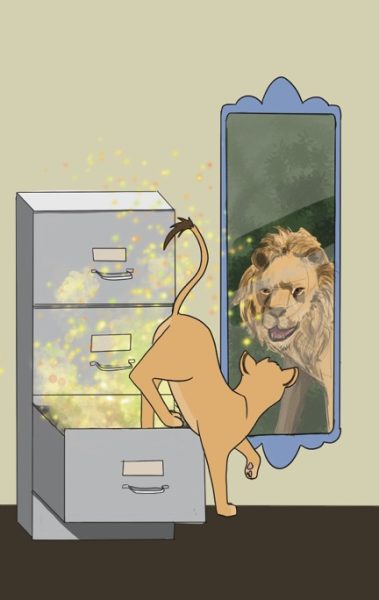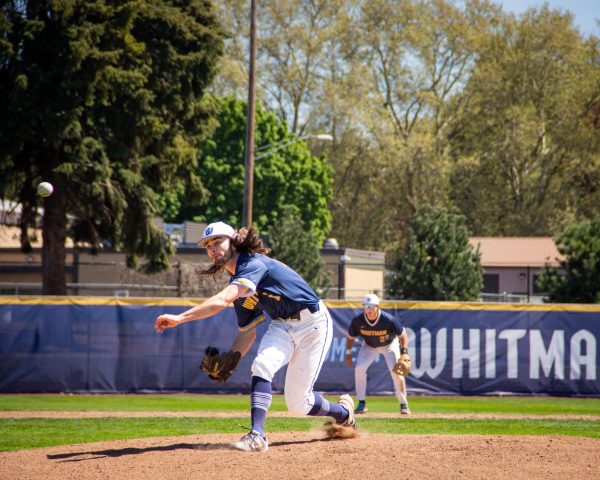The Division 3 Referees
March 8, 2018
Whitman basketball lost the Northwest Conference Championship Game to Whitworth and out of all the plays and points scored in the game, the crowd could only think about the call at the end. For some, the shot came after the buzzer, and for others, right before it, but the only opinion that mattered in that game was the referee’s. After the game, many fans were thinking, “What if it was a different ref? Would the game have gone to overtime?”
Few people know, but it takes time to be a referee at the college level. “Being a referee in college basketball is hard. You have to be certified, be in the association, and then be in the group. It is a niche where it is hard to get in,” George Flippo said.
Flippo is a local referee for basketball, soccer and baseball. He referees baseball at the college level for the Northwest Conference (NWC). “They want people with experience that cannot be manipulated and take harassment from coaches and players. So it takes time, approximately fifteen years before you can ref in college,” Flippo said.
Economics professor Pete Parcells is now a referee for soccer at the youth level after being a soccer referee in the NWC for decades. Parcells has had an interesting career as a referee. He has seen both teams quit a game because of a poor job by the central referee, and once he was threatened with a knife by a fan.
“Most of the other kids in the neighborhood where from overseas, Scottish, Italian, they played soccer in the church hall and picked me as referee,” Parcells said.
Parcells continued his reffing career during college and graduate school as an IM sports ref. It wasn’t until he came to Walla Walla to teach at Whitman that he got certified and began to ref for the NWC. “In the NWC, the players have a lot of more respect for the referees than in other leagues,” Parcells said.
Carlos Ruiz, custodian supervisor at Whitman, enjoys being a soccer referee during the weekends. Carlos referees soccer games at the college level for the NWC.
“The intensity of the college level is what makes you want to ref those games,” Ruiz said. Carlos often has to travel to Yakima or Wenatchee to ref games. “Sometimes they give you more money for the gas than for refereeing the actual game, so this is more about enjoying the game than about money,” Ruiz said.
It takes time to be a college sports referee; being certified is not the end of the path. Referees need to have good performances and pass physical tests to keep doing their job. The eastern Washington area poses particular challenges for referees due to the long distances between cities and the low number of certified referees. Referees will continue making good and bad calls, but in the eyes of Parcells, there is one thing that makes a referee good.
“A good referee learns from his mistakes; the worst referees do not.” All referees will tell you the same, they want to make the right call. “That’s the whole mantra: Get the call right,” Flippo added.
The referees are not playing for the other team, or for ours. Most of the time they are focusing on not making a bad call or missing any action of the game. It is in our nature to blame others for our mistakes or failures, but like any other team, the referees have a clear objective: doing their best.






